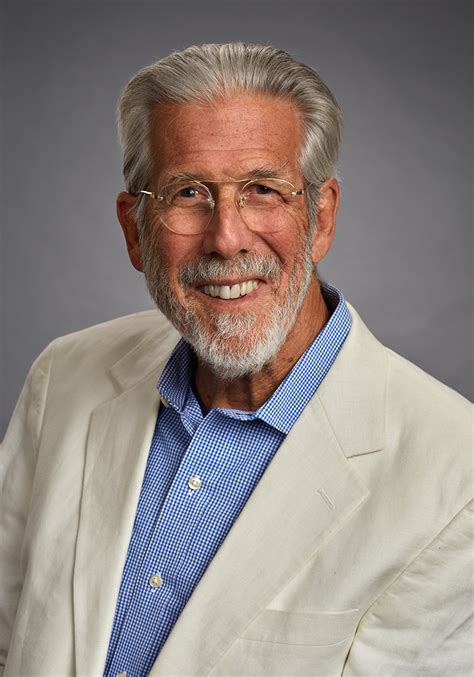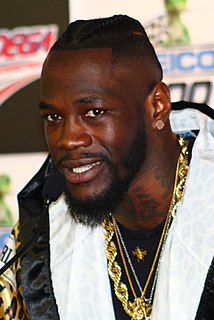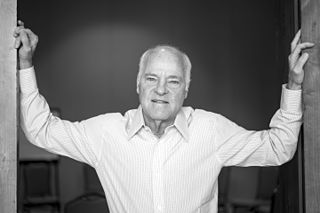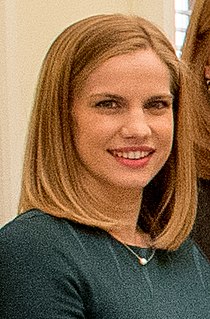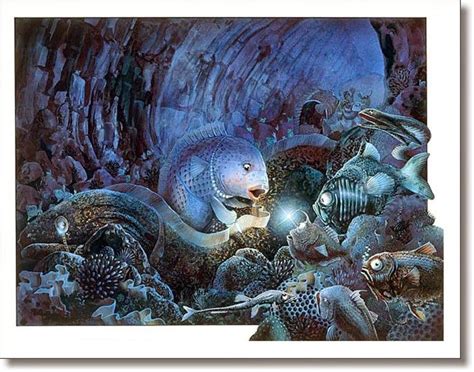A Quote by Eugene Fama
In my junior year in college, I was getting kind of tired of French. So, I took an economics course, and I loved it. The rest of my two years in college I spent in economics.
Related Quotes
I'm very proud to say I only took one course in economics in college, and it was on Saturday morning - Tuesday, Thursday and Saturday at 8 o'clock. Now I don't know what your college experience was like, but I'll tell ya, on Saturday morning at 8 o'clock, the last thing I wanted to do was go to economics class.
When I went to college, I went to a junior college. I wanted to go to the University of Alabama but had to go to junior college first to get my GPA up. I did a half-year of junior college, then dropped out and had my daughter. College was always an opportunity to go back. But she, my daughter, was my support. I gave up everything for her.
I was born in Evanston, Illinois. I spent my elementary and part of my junior high school years in a D.C. suburb. And then I spent my high school years in Minnesota. And then I spent my college years in Colorado. And then I spent some time living in China. And then I spent three years in Vermont before moving down to Nashville.
I've always loved doing research. I remember doing a research project on the Babylonian numeral system in the eighth grade and thinking, 'This is pretty awesome - is this really a job you can have?' This led me toward a career as an academic, although it took me until college to realise that economics was the right field.
As I talk about strengths and weaknesses in academic economics, one interesting fact you are entitled to know is that I never took a course in economics. And with this striking lack of credentials, you may wonder why I have the chutzpah to be up here giving this talk. The answer is I have a black belt in chutzpah. I was born with it.

